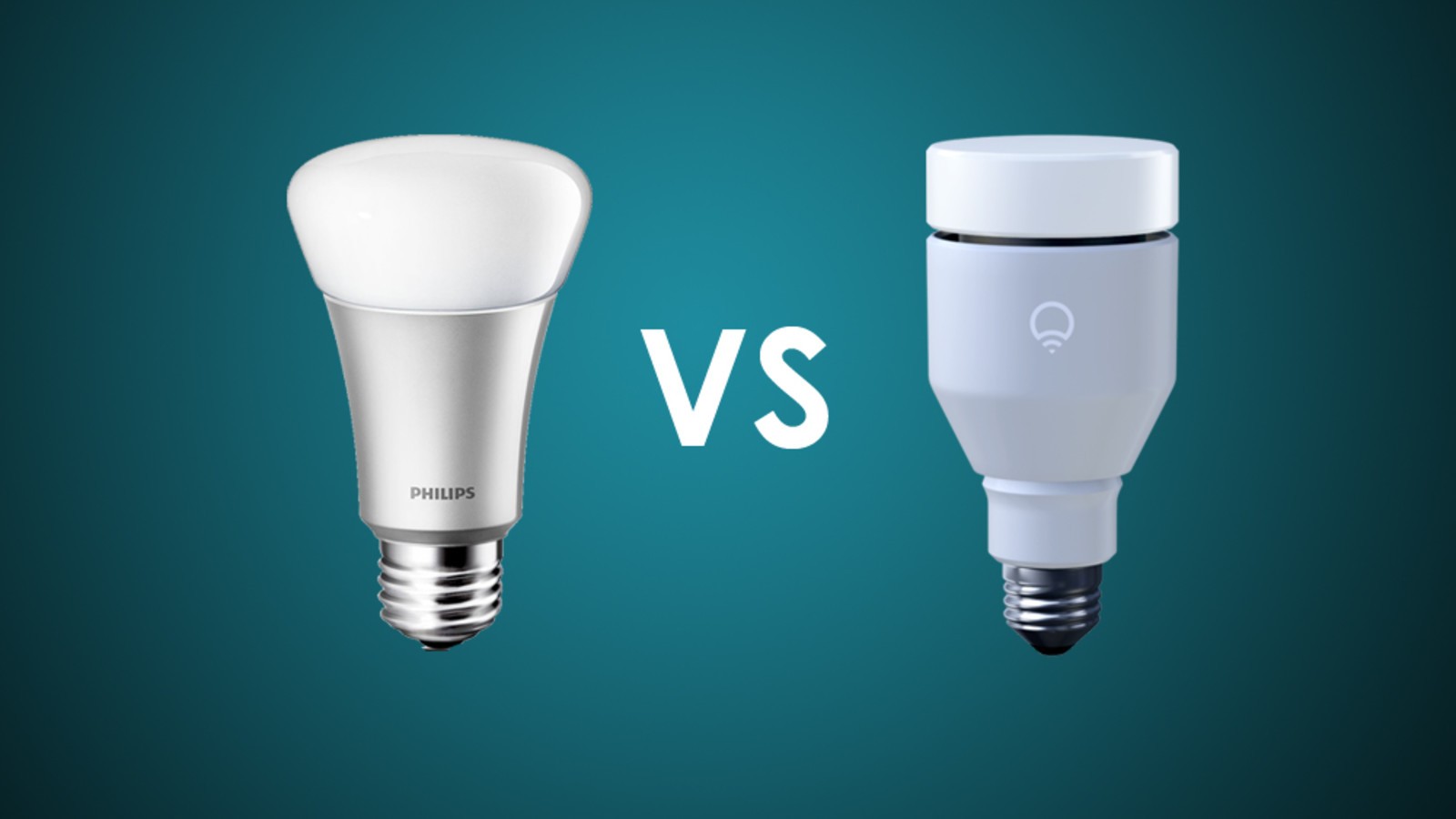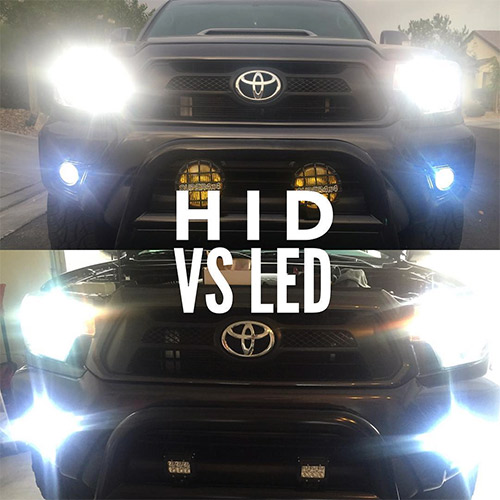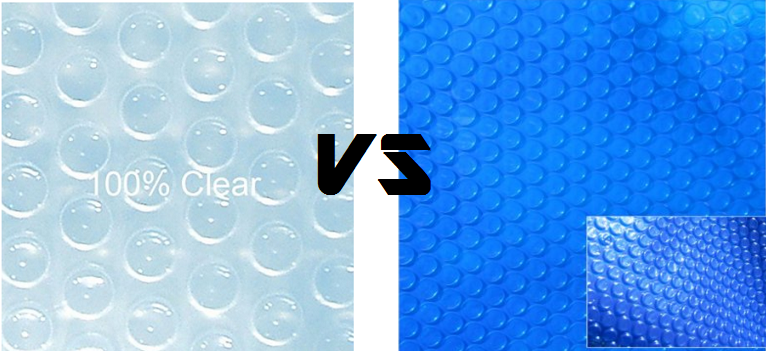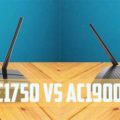LIFX Vs. Philips Hue: Which Multi-Color Homekit Smart Bulbs are Best?

Smart lights are home accessories that can be controlled remotely and have additional wireless features. This means that with smart light bulbs you can do more than just switching the lights ‘on’ and ‘off’. These bulbs can be remotely scheduled or on-demand, dimmable, and they offer color changing LEDs. The market is filled with different brands of smart bulbs, however, the two most prominent bulbs are LIFX and Philips Hue. With these smart bulbs, you can change colors, lighting schedules, and intensity at will. Both products are well-developed and come with multiple generations of hardware and they offer the kind of color-changing smarts that consumers are looking for. However, there are several differences between these two brands. Being the best smart bulb brands in the market today, many consumers always have a challenge choosing between the two. Keeping reading our full review as it will shed light on which smart bulb brand is the best.
Pros and Cons of LIFX Smart Lighting
Setting up the LIFX smart bulbs is quite simple as just adding a bulb to the existing lighting fixtures in your home or office. You can control the lights using the official LIFX app for Android, iOS or Windows 10. These smart bulbs do not need a separate hub for operating the bulbs because they connect easily using your Wi-Fi system. After connection, you can use these lights with other smart products and services such as Amazon Alexa, Google Home, IFTTT, Apple HomeKit, and Nest. LIFX smart bulb brand promises a lifespan of 22.8 years, assuming your usage averages to 3 hours daily.
LIFX smart light bulb features in-built Wi-Fi capability making it a smart purchase for consumers who are new to the smart home world. This multi-color bulb offers 16 million colors and white options. The LIFX app presents many customization options like lighting schedules and strobe options for groupings and parties. However, these bulbs are a bit larger compared to other smart bulbs on the market and they are a bit more expensive than other bulbs.
 Pros
Pros
- Produces bright, vibrant colors
- Comes with HomeKit support
- Set up process is quite simple and easy
- Compatible with Google Assistant, Alexa, and Siri
- Integrations do not require a separate hub
- Adjustable up to 16 million colors and 1000 shades of whites
- The cost of connectivity is lower
- Has a lifespan of 25,000 hours
Cons
- More expensive compared to the Philips Hue bulb
- Not as compatible as a Hue bulb with a Bridge
- For Apple HomeKit compatibility, you will have to use Generation 3 LIFX bulbs because they do not work with older versions.
- If your internet connection goes down, you will not be able to control your smart lights using your computer or smartphone but will have to turn them ‘on’ or ‘off’ manually.
Pros and Cons of Philips Hue Smart Bulbs
Philips Hue is a smart home lighting system that allows consumers to take full control of their lighting. This web-enabled system provides energy-efficient operation that will simplify the control of your lights using your tablet or smartphone. Philips Hue smart bulbs provide consumers with a personalized lighting system that has more opportunities for personalizing and customizing their wireless lighting systems than other brands in the market.
With the Philips Hue, you can do everything from having custom lighting options to help you feel energized, wake you up, or welcome you home. These smart bulbs also help you feel safe and secure and can improve your overall mood. In addition, it keeps you up-to-date with incoming calls and the weather. The major goal of Philips Hue is to simplify consumers’ lives most effectively and smartly.
Philips Hue smart light bulbs are popular and desirable for a wide range of reasons.
 Pros
Pros
- Produce great colors
- The smart bulbs are easy to set up and use
- Remote controllability is possible through smartphone app Hue and even voice control using Google Home or Amazon Alexa.
- They are dimmable
- Versatility in color options
- Compatible with HomeKit and Siri with Hue Bridge
- Works with Alexa and Google Assistant with the Hue Bridge
- Provides more third-party support
- It is more affordable than the LIFX bulb
- Consistency
- Reliability
- Has a lifespan of 25,000 hours
Cons
- Needs a Hue Bridge for most connectivity
- Hue Bridge requirement tends to drive up the overall cost of purchase
Overview and Conclusion
You can never go wrong with either the LIFX or the Philips Hue Smart LED bulb if you are just looking for a smart bulb that will enhance your daily routine. The Philips Hue app offers more creativity and functionality compared to the LIFX app. Although the LIFX smart LED bulb is Wi-Fi ready, the Philips Hue lighting system must be connected with the use of a separate hub. The LIFX bulb offers more vibrant and crisp lighting compared to the Philips Hue, however, this does not mean that its lighting is poor. Both bulbs are a bit costly although more upfront costs will be required to purchase the bridge for the Philips Hue.
Bottom Line
If you are just starting out in the smart LED waters, then you should go for the LIFX bulb and you can always upgrade to the Philips Hue bulb later on. Choose LIFX if you want a smart bulb that does not use a Hub and you will not have to spend more money acquiring a bridge or hub to use your smart bulbs. If you want an infrared night vision option, then you can enjoy this unique feature with the LIFX bulb for prime nighttime visibility. If you care about colors, then LIFX is a better choice than Philips Hue because it produces bolder, brighter colors.
This does not mean that Philips Hue is not a good choice. The robust Philips Hue ecosystem is one of its greatest strengths. The Philips Hue system goes with a range of lighting mounts and bulbs and its compatibility with home automation. The Hue ecosystem also features important accessories like dimmers, motion sensors, and switches. The Philips Hue Android and iPhone apps are rated higher than LIFX. In addition to all that, the Philips Hue has additional smart platform integrations with Elk, Razer, RunLessWire, Vivint, and Xfinity Home. If you are willing to spend additional money to purchase the Hue Bridge, you will have access to a wide range of family products that no other company can match.
The Philips Hue and LIFX smart lighting systems both have pros and cons and with these bulbs costing at $50 and $60 respectively, none of them is a bargain purchase. Therefore, you will have to make your decision based on what you really want to achieve with your smart lighting system. The LIFX is an easier pick for many consumers because the bulb connects directly to your home network using Wi-Fi and does not need a hub or bridge.


